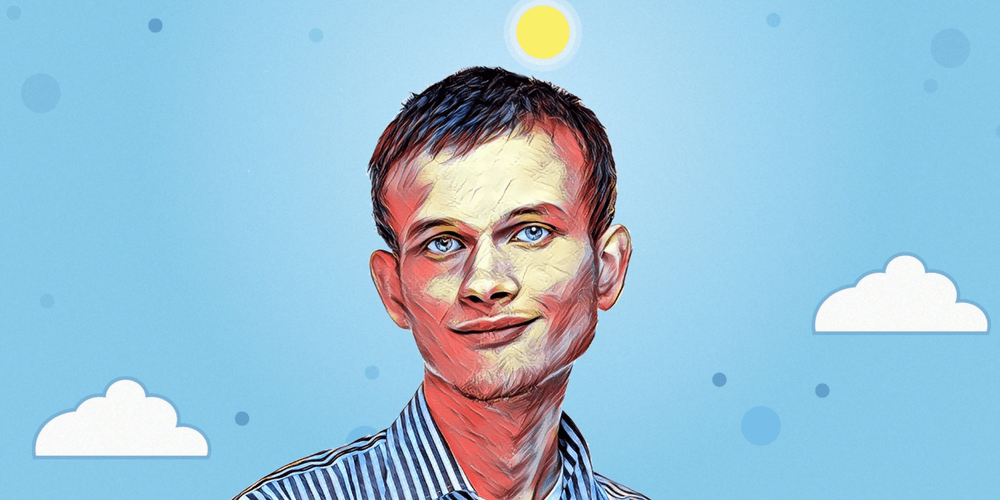
Ethereum creator Vitalik Buterin was interviewed on the most recent episode of Epicenter. During the interview, Buterin was asked for his reflections on The DAO.
The DAO was a venture capital fund of sorts with essentially no barrier to entry. After raising over $100 million worth of ether in an initial coin offering (ICO), a hacker took advantage of a flaw in The DAO’s smart contract code to begin draining much of the ether that was originally collected during the ICO process.
A hard-forking change to Ethereum was eventually made, which bailed out DAO token holders and allowed them to regain their lost ether. The hard fork related to the fiasco with The DAO is what led to the emergence of Ethereum Classic, which was the original, non-forked version of the Ethereum blockchain.
‘Ethereum is Definitely Fine’
After Buterin provided a brief history of everything related to The DAO, co-host Brian Fabian Crain asked the Ethereum creator to look back on the whole event and share whether he thought it damaged Ethereum as a project in any way.
“First of all, I think Ethereum is definitely fine,” Buterin responded. “Outside of a fairly kind of small group of people that are like really strongly into the sort of purity [or] morality of you know — if it’s stained once then it’s gone forever — even people who disagreed with the decision, many of them are kind of fine with it. I think over time they’re starting to see that Ethereum governance is stabilizing more and more and that the project is continuing to move forward.”
The people Buterin referred to as those who strongly support the purity of an unstained or untainted blockchain have mostly stuck with the original version of the chain, known as Ethereum Classic. That is, if they’re still involved in the Ethereum ecosystem at all.
There is also no denying that a large chunk of the Bitcoin community did not approve of the Ethereum hard fork and were happy to see some users stick with the original chain.
The Good and the Bad
One of the positives that came out of the aftermath of The DAO is that Ethereum developers may take the security of these sorts of smart contracts much more seriously in the future. A side effect of any accident or disaster, whether it be a software bug or a plane crash, is that everyone can learn from the event in an effort to prevent that sort of thing from happening again. In Buterin’s view, The DAO did wonders for the progress of safe smart contracts.
“Whether it’s better languages, whether it’s better development environments, whether it’s formal verification, it really was this kind of big, huge sign to the academic community that basically said, ‘Look. This problem is real, and there’s money at stake. And this is a place where you can contribute with the knowledge that you’ve been figuring out over the last thirty years — right here, right now,’” Buterin explained.
Buterin views the public relations fallout for Ethereum as the main negative consequence of The DAO. While he sees the whole event as a net negative, Buterin believes the negatives mostly came from the hack itself rather than the decisions that followed it.
“The fact that our major crisis happened at a time when the community was well-coordinated enough to basically undo about 85 percent of the theft is actually a really lucky and amazing thing,” Buterin added as a possible silver lining to the series of events. “Realistically, that’s not an opportunity that we’re likely to have quite so easily in the future.”
To Buterin’s point, it would have been much more difficult to deal with The DAO if the Ethereum market cap and user base was as large and diverse as Bitcoin’s. In Ethereum’s current state, it’s much easier to dismiss everything related to The DAO as nothing more than growing pains.

